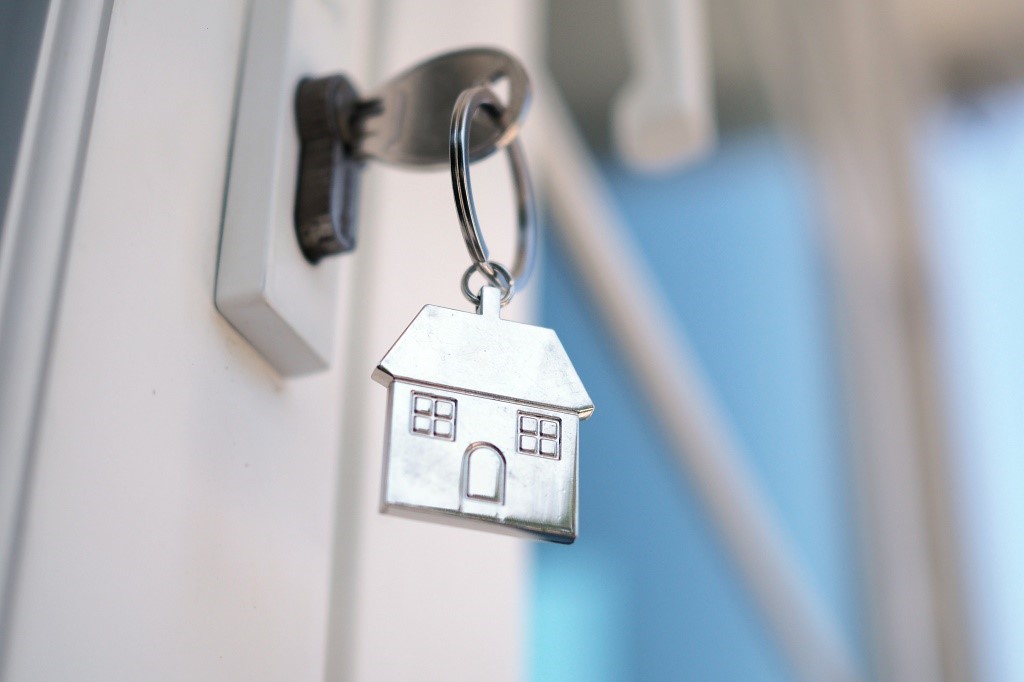Even if you're the kindest person in the world, who feels terrible about their death, you'll probably be wondering how it will affect you.
It's perfectly natural because life must go on, especially for a landlord who isn't friends with the tenant. Let's look at some rights you have when someone dies on your property, which should give you an idea of what's to come.
1 - Get It In Writing
A loved one will usually give you a notification of death within a few months of the tenant dying, so you'll need to wait for it to arrive in the mail. Don't bother anyone during their grieving process if you don't know them.
Maybe you'll be the person who discovers there is something wrong, which could happen if you don't receive their rent. The police will sort everything out, including giving you the notification of death if there are no loved ones.
2 - Securing The House
You're probably wondering, "What are my rights as a landlord when it comes to securing my home?" Wait until you receive a notification of death before entering the house. There could be someone living there you don't know about.
I know you'll be able to tell if the house is secure from the outside, but it might be best to change the locks once notified. The tenant could have given someone else a key, so changing the locks keeps everyone out.
3 - Collecting The Rent
You might be able to collect rent money once a person dies, but it will depend on which state you live in. Some states allow landlords to collect everything they're due, which is paid by the executor of the tenant's estate.
Sometimes you'll only be able to collect a couple of months' rent, so you'll need to move fast if you don't want to lose too much money. It will be easier to sort everything out if you hire an Expert Appeals Lawyer.
4 - Getting Rid Of Stuff
The tenant's estate will need to sign a release to the rights of possession form, which gives you access to touch their property. It'll be signed when the person in charge of the lease removes everything.
If someone leaves lots of stuff lying around, which might happen when someone dies, you'll need to throw it out before anyone else can move in. Don't touch anything before getting the signed form to avoid any trouble.
5 - Renting Out The House
You'll be able to rent out the house once you've removed the remaining possessions, which shouldn't take too long. Finding another tenant is another matter altogether, especially if your tenant died at home.
You may need to tell potential tenants about the death, but check the local laws in your area before doing anything else. There isn't a federal law that says you must, but everyone will find out eventually.
It Should All Be Over Soon
I know it's horrible when someone dies in your home, so taking a financial hit is the last thing you need. Fortunately, it won't take long until your life is back to normal.





















